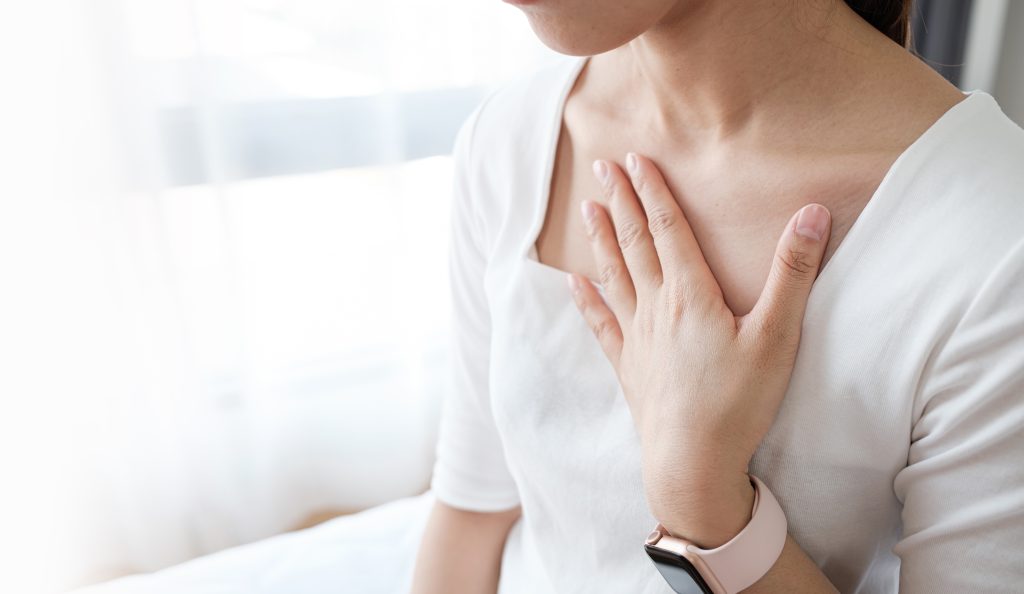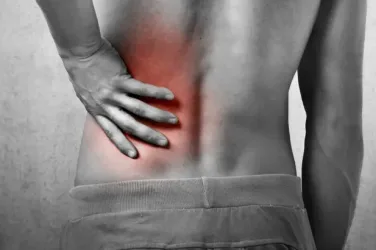
By Kimberly Blaker
Belching, or burping, helps expel a buildup of gas from the digestive system. Some people view it as rude while others find it amusing. Some consider it a show of appreciation for good food or drink. Regardless of your take, it’s a normal, healthy function and is most often a result of lifestyle factors that can easily be remedied.
Swallowing Extra Air
One common cause of excessive burping is taking too much air into your digestive system. Several possible causes include loose dentures, hiccups, eating or drinking too quickly, using a straw, smoking, chewing gum, sucking on hard candies, and talking while eating.
Remedy: Pay attention to what you were doing before the burping started. Take notes to look for a pattern and see if decreasing the behavior resolves it.
Eating Gassy Foods or Drinks
A few of the most common gas-inducing foods include beans, broccoli, cabbage, lentils, onions, dairy, peas, bananas, raisins, and whole wheat bread.
Remedy: Keep a food diary to track everything you eat and the frequency and timing of your burps. Then reduce or eliminate your consumption of gas-producing foods and drinks.
Digestive Issues
Acid Reflux or GERD: Stomach acid rises back toward the esophagus and causes heartburn. This leads to an increase in swallowing and the potential for air to be taken in. Over-the-counter medications are available to treat it, though some of these also cause burping.
Hiatal Hernia: This involves part of the upper stomach pushing through an opening in the diaphragm. When the hernia causes burping, lifestyle changes, and medication usually resolve the issue. Only rarely is surgery required for a hiatal hernia.
Lactose Intolerance: This is an inability of the body to digest lactose in milk that results in bloating, diarrhea, and abdominal cramps, which lead to burping. Avoidance of dairy products is the easiest way to prevent symptoms.
Peptic Ulcers: These are sores on the lining of the stomach, esophagus, and intestines caused by H. pylori bacteria (Helicobacter pylori) or irritation from pain relievers. The increase in acid that eats away at the lining can cause excess gas and belching. Ulcers may heal on their own with lifestyle changes like avoiding alcohol, controlling stress, eating a healthy diet, avoiding milk, and reducing the use of pain relievers. Some medications can treat ulcers or reduce stomach acid irritation.
Irritable Bowel Syndrome: IBS is a disorder affecting the large intestine resulting in digestive issues, including gas, and bloating that can lead to burping. IBS is a chronic condition that requires long-term management of diet, lifestyle, stress, and possibly medication use.
Fructose Malabsorption: This is when the body cannot process foods or drinks containing fructose, leading to increased gas production, or bloating. To resolve it, read labels and eliminate anything containing fructose from your diet.
Remedy: In these cases, burping is a symptom of a more significant problem. By addressing the underlying cause with medication or altering your diet under the guidance of a medical professional, you should experience a reduction in gas production.









